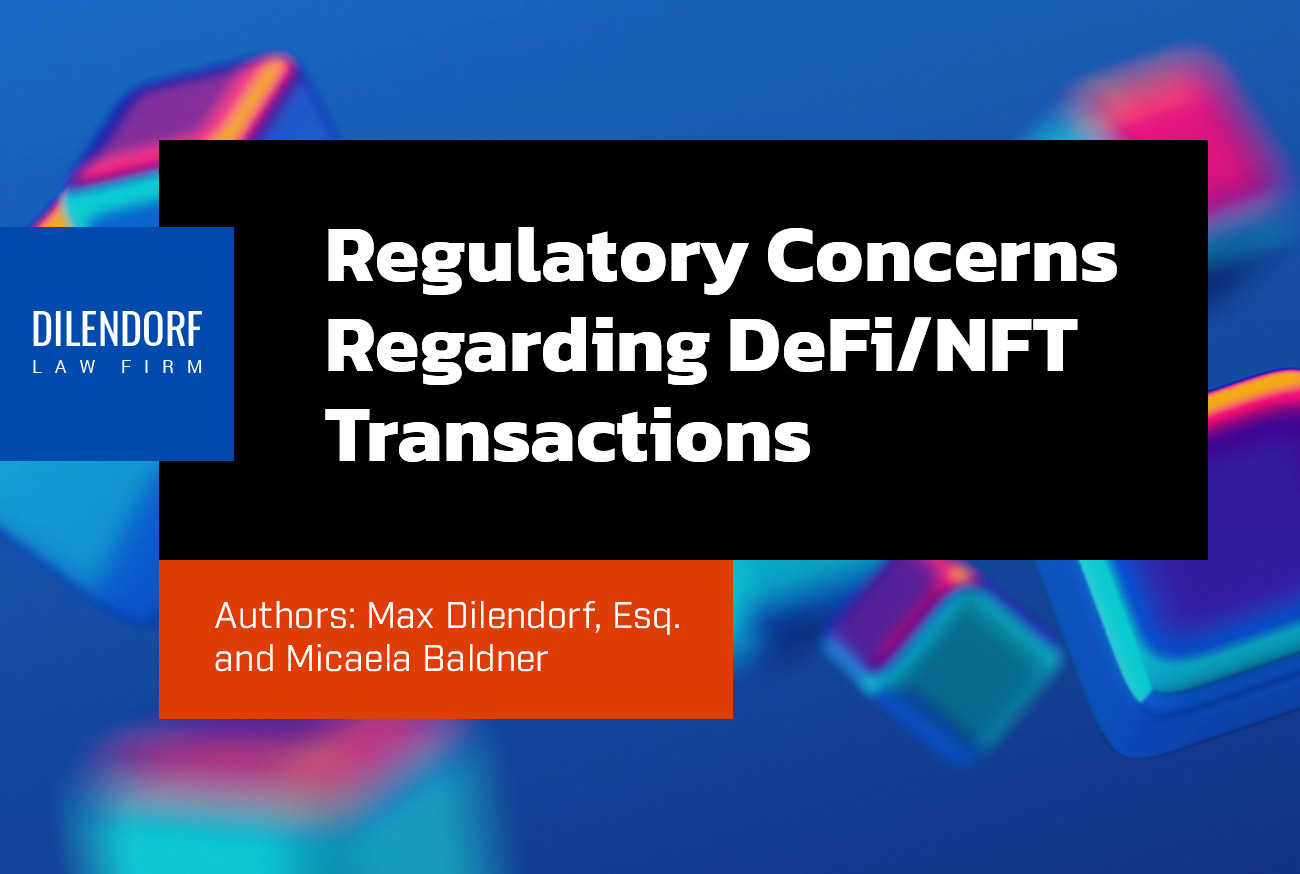With our team’s experience in defending advisors and firms in securities regulatory and disciplinary matters, we understand the securities industry, and regularly deal with personnel in the Enforcement Division at the SEC.
Whether you’ve failed to comply with a subpoena, fear that your testimony or physical evidence will implicate you in a crime, or if the release of the information tends to be embarrassing or sensitive in nature; we will provide you with the appropriate guidance you need to minimize or avoid further regulatory danger and fully comply with the subpoena’s demands.
We will make initial contact with the SEC on your behalf, as subpoenas have an extremely short response deadline. This initial contact with the SEC is crucial for obtaining an extension of time and for using it as an opportunity to better understand the nature of the SEC investigation. Through our extensive collaboration with the SEC, we understand the imperative nature of an extension.
Because of our in-depth understanding of the subpoena process, we know whether acceptance, compliance, or objecting to a subpoena is most appropriate, and understand that timing during this process is of the utmost importance.
SEC’s Investigation Trends Affecting Crypto Industry
On May 3, 2022, the SEC announced that it will double the size of Enforcement’s Crypto Assets and Cyber Units
Since its creation in 2017, the unit has brought more than 80 enforcement actions related to fraudulent and unregistered crypto asset offerings and platforms, resulting in monetary relief totaling more than $2 billion.
The expanded Crypto Assets and Cyber Unit will focus on investigating securities law violations related to:
- Crypto asset offerings;
- Crypto asset exchanges;
- Crypto asset lending and staking products;
- Decentralized finance (“DeFi”) platforms;
- Non-fungible tokens (“NFTs”); and
- Stablecoins.
Undoubtely, the amount of SEC investigations and enforcement actions will spike given the enhanced powers of the the Crypto Assets and Cyber Units.
How SEC Investigations Work?
First, SEC obtains evidence of possible violations of the securities laws from many sources, including market surveillance activities, investor tips and complaints, other Divisions and Offices of the SEC, the self-regulatory organizations and other securities industry sources, and media reports.
All SEC investigations are conducted privately. Facts are developed to the fullest extent possible through informal inquiry, interviewing witnesses, examining brokerage records, reviewing trading data, and other methods.
With a formal order of investigation, the Division’s staff may compel witnesses by subpoena to testify and produce books, records, and other relevant documents.
SEC Investigation of crypto companies, promoters, token and NFT issuers, Defi traders and other market participants start with either formal service of Subpoena for Documents or a Preservation Notice from the SEC stating that you may have documents in which they are interested.
Following an investigation, SEC staff present their findings to the Commission for its review. The Commission can authorize the staff to file a case in federal court or bring an administrative action. In many cases, the Commission and the party charged decide to settle a matter without trial.
Following an investigation, SEC staff present their findings to the Commission for its review. The Commission can authorize the staff to file a case in federal court or bring an administrative action.
In many cases, the Commission and the party charged decide to settle a matter without trial.
Subpoena for Documents
SEC may require production of any records deemed relevant or material to the inquiry.
A subpoena for documents should be accompanies by a Form 1662. This form includes a List of Routine Uses of information provided to the Commission.
The federal securities laws authorize the SEC, or any officer designated by the SEC, to issue subpoenas requiring a witness to provide documents and testimony under oath.
Generally, all documents described in the attachment to the subpoena should be produced by the date listed on the subpoena.
The term “document” is in the context of a production responsive to a subpoena includes, but is not limited to, any written, printed, or typed matter in the possession, custody or control of the subpoenaed entity or individual including, but not limited to all drafts and copies bearing notations or marks not found in the original, letters and correspondence, interoffice communications, slips, tickets, records, worksheets, financial records, etc.
Furthermore, furing cryptocurrency investigation cases, SEC may request all social media records, including Telegram, Twitter, Discord Channel communications; and records of trading activities on centralized and decentralized exchanges of digital assets, including NFTs.
The subpoenaed entity or individual must produce all of the materials described in the subpoena.
If, for any reason, the subpoenaed entity or individual does not produce something required by the subpoena, the subpoenaed entity or individual should submit a list of what it is not producing.
If the subpoenaed entity or individual withholds an item based on a claim of privilege, the list of withheld items should specify the privilege claimed.
Subpoena Enforcement Actions in Case of Non-Compliance
If a person or entity refuses to comply with a subpoena issued by the staff pursuant to a formal order of investigation, the Commission may file a subpoena enforcement action in federal district court, seeking an order compelling compliance. See Section 21(c) of the Exchange Act.
Witness Right to Counsel
When a company or individual learns of a potential SEC investigation, the company should consider retaining outside counsel with experience in SEC investigations involving cryptocurrency matters. It’s better sooner rather than later to retain a counsel to advise on the subpoena production and defense strategy.
For example, a witness testifying before the SEC may assert his or her Fifth Amendment privilege against self-incrimination.
The Fifth Amendment privilege against self-incrimination protects individuals and sole proprietorships, but does not protect a collective entity, such as a corporation, or papers held by an individual in a representative capacity for a collective entity.
The attorney-client privilege protects from disclosure confidential communications between attorney and client made when the client is seeking legal advice.
Witness Cooperation During Investigations
SEC has a policy statement articulating a framework for evaluating cooperation by individuals in the Commission’s investigations and actions.
There is a wide spectrum of tools available to the staff for facilitating and rewarding cooperation in its investigations and related enforcement actions.
Since every enforcement matter is unique, the appropriate use of a cooperation tool invariably depends upon a careful analysis of the facts and circumstances of each case. In some cases, multiple cooperation tools may be appropriate.
Limitations on SEC’s Power to Issue Subpoenas
A court might conclude that the use of investigative subpoenas solely to conduct discovery is a misuse of the SEC’s investigative powers and circumvents the court’s authority and the limits on discovery in the Federal Rules of Civil Procedure.
Motion to Quash
The U.S. Securities and Exchange Commission’s Rules of Practice require that any application to quash or modify a subpoena comply with Commission Rule of Practice 232(e)(1). 17 C.F.R. § 201.232(e)(1).











































